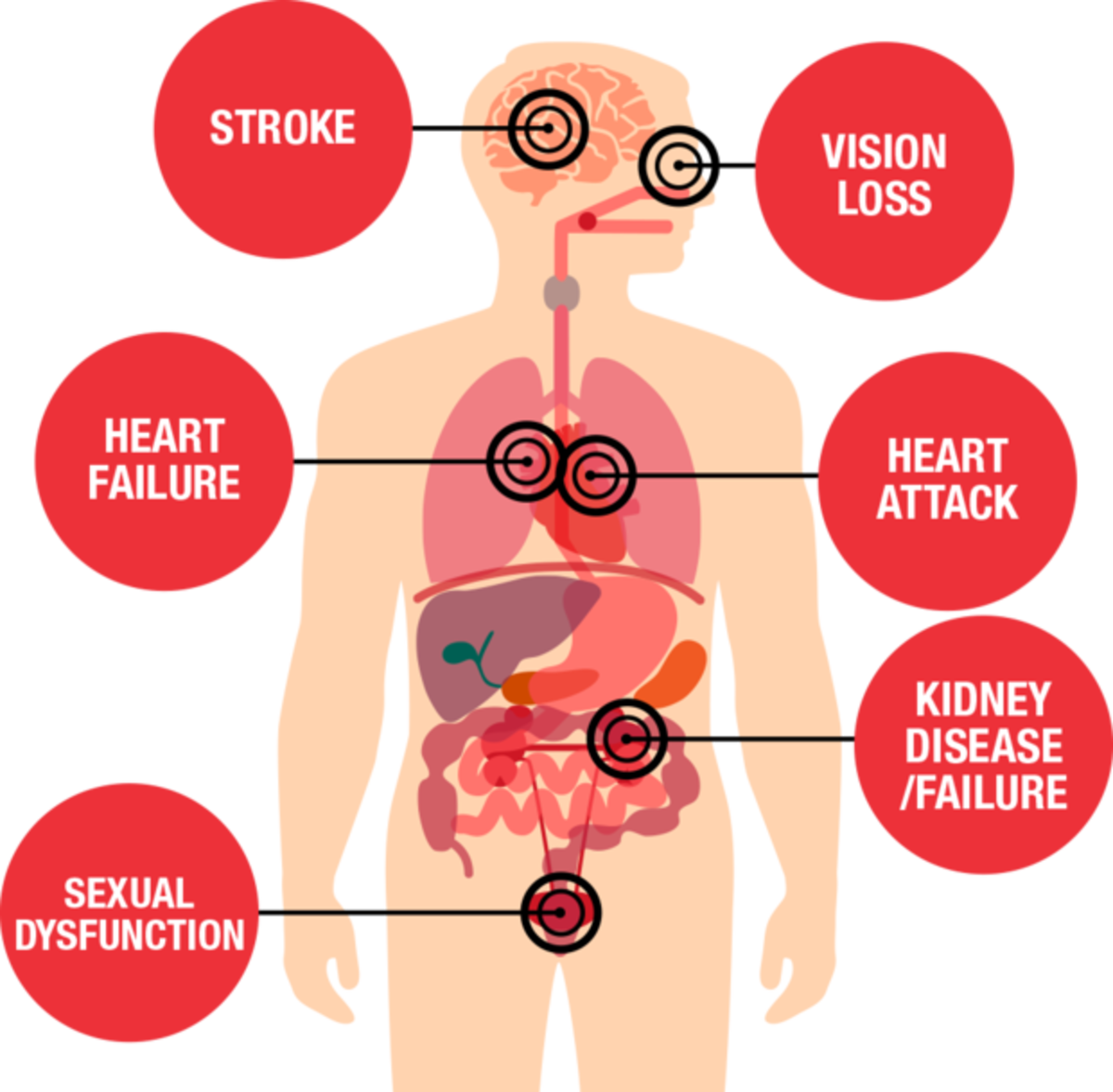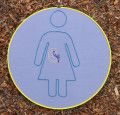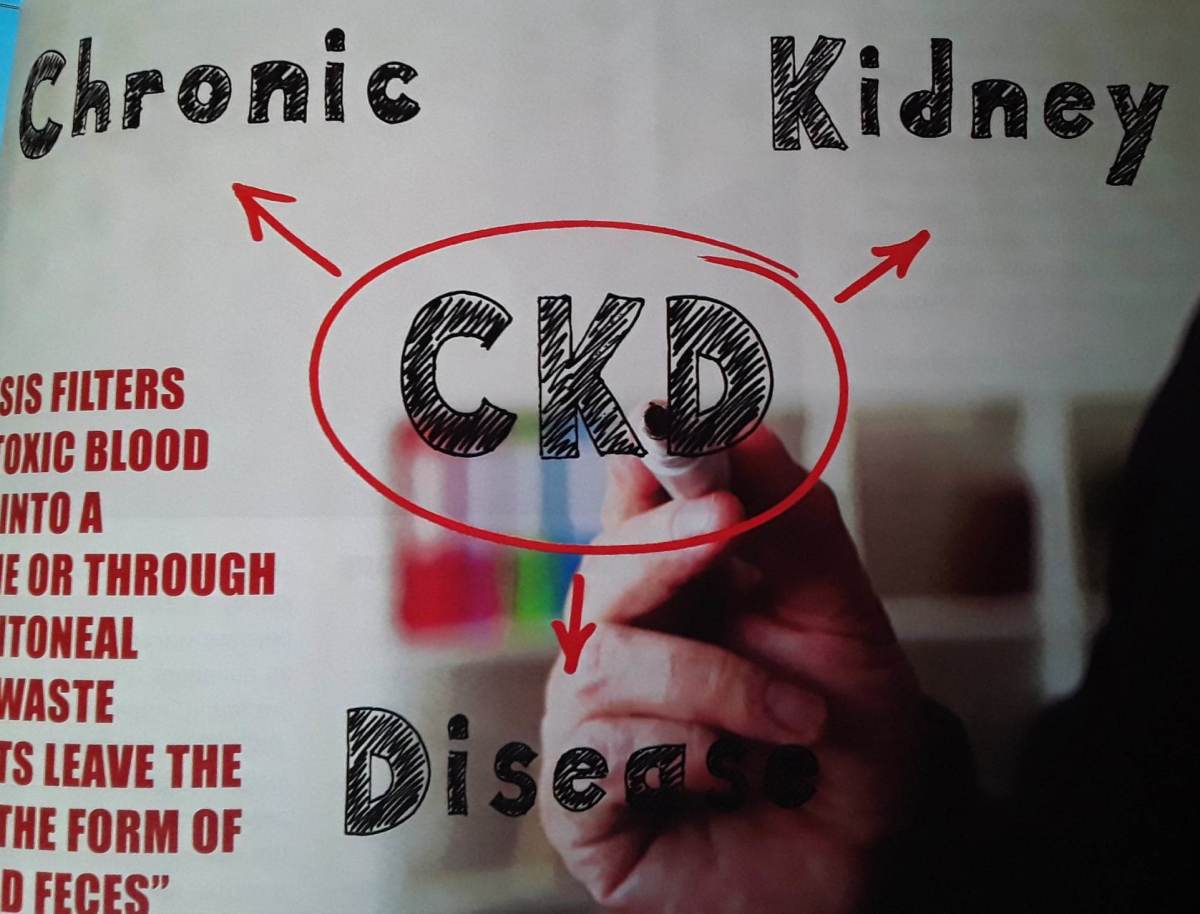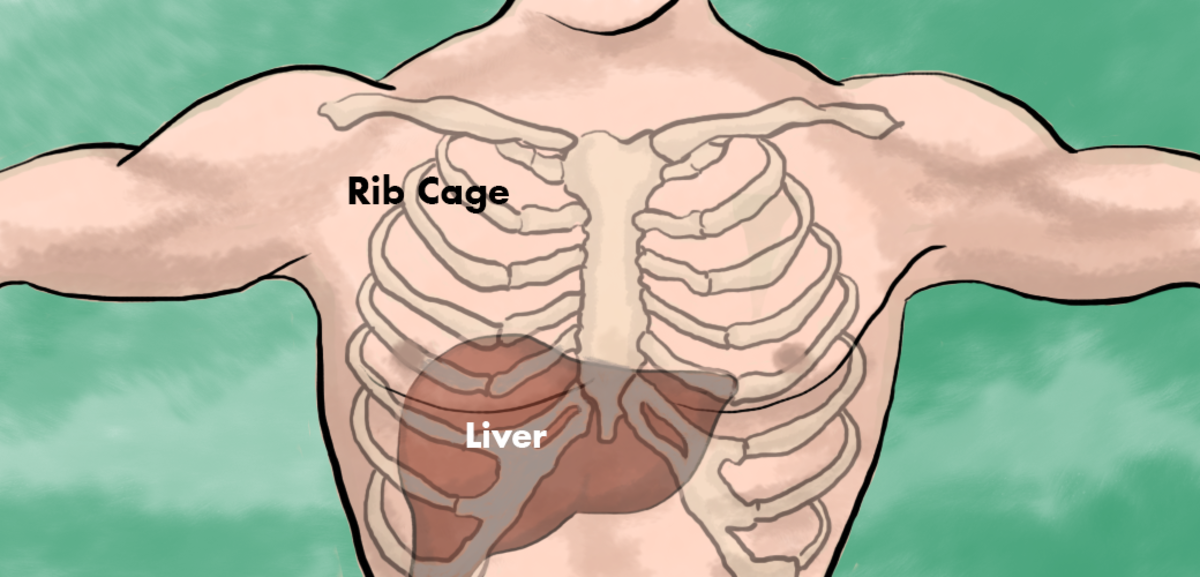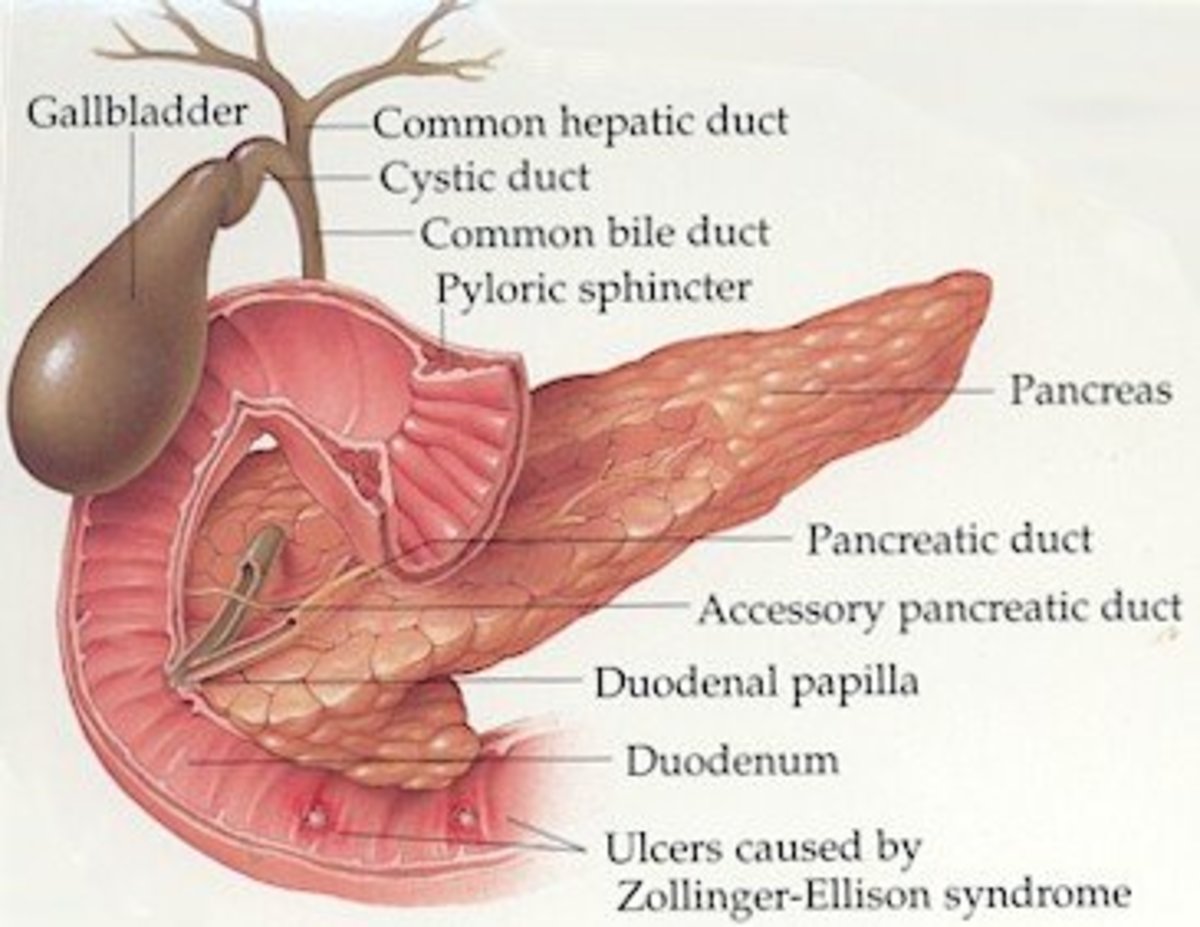Signs And Symptoms Of Kidney Failure
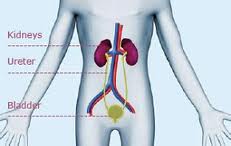
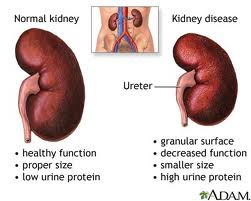
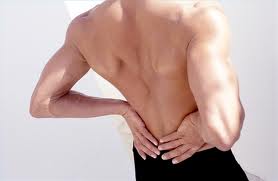
Kidney Failure
According to US Department of health and human services statistics, one in ten American adults, (more than 20 million) have some level of chronic kidney disease. Millions of others are at increased risk of getting the condition. So what is kidney failure?
Kidney failure can be acute or chronic, acute kidney injury (AKI) is defined as a rapid decline in renal filtration function. The condition is usually marked by a rise in the blood creatinine level and blood urea nitrogen concentration.
Acute Kidney Injury, previously known as acute renal failure (ARF) occurs when the kidneys are no longer able to filter waste product from the bloodstream. The failure to clear waste product from the body results in a build-up of waste material in the circulation with an imbalance of blood chemistry.
Acute renal injury develops rapidly, occurring in a matter of hours or days. This condition is most common in hospitalized patients; the intensive care patients are most at risk.
Although the disease can be fatal, it can be reversed in a relatively healthy individual. Intensive care in the UK are well equipped with expensive filtration machines that can do the job of the kidneys, allowing the kidneys sufficient time to recover.
The Kidneys
The kidneys are two bean-shaped organs that filter toxins and waste product from the bloodstream and excretes them with water as urine. The kidneys also help to regulate blood flow around the body. These two small organs filter about 45 gals (180 l) of blood daily, because of the high volume, the kidneys are more exposed to toxic substances in the blood and are very vulnerable to injury from them.
Urine produced by the kidneys flow through the ureters and into the bladder where it accumulates before it is expelled. Damage to the kidneys means that they do not perform these functions properly resulting in a wide range of symptoms.
In the human species, the kidneys can be located in the posterior or back of the abdomen one on each side of the spine with the right kidney sitting just below the liver slightly lower than the left, which lies below the diaphragm adjacent to the Spleen.
The kidneys consist of tiny units known as nephrons; there are around a million nephrons in each of the two kidneys, this is the functional part of the kidney. Each nephron consists of renal tubule called the glomerulus containing a network of capillaries that filter the blood to produce urine.
The glomerulus acts rather like a sieve, keeping cells and protein in the bloodstream while allowing the extra fluids and waste to pass through.
Other complex chemical changes are also occurring but are simply explained in the accompanying video. Therefore, I will not go into detail here.
Kidney failure
In kidney failure, the kidneys are unable to function effectively due to injuries, disease or poisoning which damages the nephrons causing them to lose the ability to filter.
Most kidney diseases work slowly, damaging the nephrons over a period of years resulting in chronic renal failure (CRF). Unfortunately, most kidney diseases also tend to attack both kidneys simultaneously. The two most common causes of kidney disease are diabetes and high blood pressure. The nephrotoxic injury caused by drugs also plays a part in Kidney failure, but this will be looked at in another article.
People who have a family history of kidney problems may also have a high risk of kidney disease.
Signs and Symptoms
As a rule, kidney disease does not usually cause any symptoms until the damage becomes severe. It can be many years before damages become apparent at which time the damage is irreversible and severe
The signs and symptoms when it occurs may include:
- Proteinuria (urine test shows protein in the urine) the healthy kidneys filter waste from the bloodstream but not protein, protein in the urine is indicative of an impaired or damaged filter.
- Increase in urea and other nitrogenous waste products, creatinine and ammonia, accumulate in the bloodstream. Diagnosed by a blood and urine test where possible.
- Reduced urine output or no urine output
- Fatigue
- Tiredness and Lethargy
- Sleep disturbances
- Cognitive or memory deficits, e.g. Confusions
- Loss of appetite
- Headaches
- itchy skin
- Pallor Rash, bruising and nosebleed
- Erectile dysfunction
- Nausea and vomiting
- Abdominal pain
- Diarrhea
- Seizures and coma (may occur in extremely severe cases of acute renal injury)
- Raise potassium levels (this can lead to irregularities in the heartbeat which can be life-threatening)
- Fluid imbalance
Gastrointestinal bleed occurs in approximately 1/3 of patients with AKI, although most episodes are mild, it accounts for 3-8 percent of fatality in these patients. The heart can also be affected as a result of fluid effusion resulting in cardiac tamponade.
Cardiac arrest occurs in as many as 35 % of people with AKI, usually due to high potassium in the blood.
Causes of Kidney Failure
Prerenal
- Reduction of fluid, e.g. Bleeding, extreme vomiting, severe diarrhoea, burns, excessive use of diuretics)
- Cardiac failure, oedema, cirrhosis, nephrotic syndrome, Hypotension due to carcinogenic shock, sepsis, anaphylaxis
- Cardiovascular e.g. Severe cardiac failure, arrhythmias and Renal hypoperfusion
Intrinsic (AKI)
- Glomerular disease
- Tubular injury
- Acute interstitial nephritis
- Vascular disease
- Eclampsia
Postrenal
- Calculus (kidney stones)
- Blood clots
- Papillary necrosis
- Urethral Stricture
- Prostatic hypertrophy or malignancy
- Bladder tumour
- Radiation fibrosis
- Pelvic malignancy
- Retroperitoneal fibrosis
Diagnosis
Acute kidney failure is defined as a critical drop in urine output volume known as oliguria. Test such as blood urea nitrogen (BUN) or serum creatinine value can be compared and reviewed with available previous levels for a relatively quick decision on whether or not the condition is acute or chronic.
Diabetic Kidney Disease
Over time diabetes can cause damage to small blood vessels that lead to the kidneys, causing damage and failure.
Damage to the kidneys can start within approximately one year of type 1 diabetes, and may be present at the time of diagnosis in type two. However, it usually takes 5-10 years before it becomes apparent. Poor glucose control and hypertension can increase the risk of worsening kidney disease. People of Asian or Afro-Caribbean origin are twice as likely to develop diabetic kidney disease.
Hypertension and kidney disease
The kidneys have an important role to play in maintaining blood pressure in a healthy range, conversely, the blood pressure also affects the health of the kidneys. High blood pressure can damage the kidneys leading to chronic kidney disease.
Hypertension or high blood pressure causes the heart to work harder; this can damage the blood vessels throughout the body.
When the blood vessels in the kidneys are damaged, the ability to remove waste product and fluids is significantly reduced or may cease altogether. The result is a build-up of fluid in the vessels that can cause an elevation in the blood pressure to a level that is dangerous.
High blood pressure is one of the leading causes of kidney failure also known as end-stage renal disease (ESRD). Individuals with kidney failure will require a kidney transplant or regular dialysis (blood cleaning treatment). Almost all of us have some risk of developing kidney failure from high blood pressure.
However, those of us of African origin are six times more likely than Caucasians to develop hypertension-related kidney failure.
We should aim to maintain a blood pressure around 130/80. Early intervention and management of blood pressure are especially important for African Americans and Afro-Caribbeans with diabetes.
There are two groups of medication angiotensin-converting enzyme (ACE) inhibitors and angiotensin receptor blockers (ARBs) that can lower blood pressure and also have a protective effect on the kidneys.
Action for Maintaining Good Kidney Function
- Maintain a healthy weight
- Eating a healthy, well-balanced diet
- Exercise, keep physically active
- No smoking
- Maintain proper hydration
- Maintain good compliance with treatment for high blood pressure and diabetes management
- Get advice, help and support from your healthcare professional.




